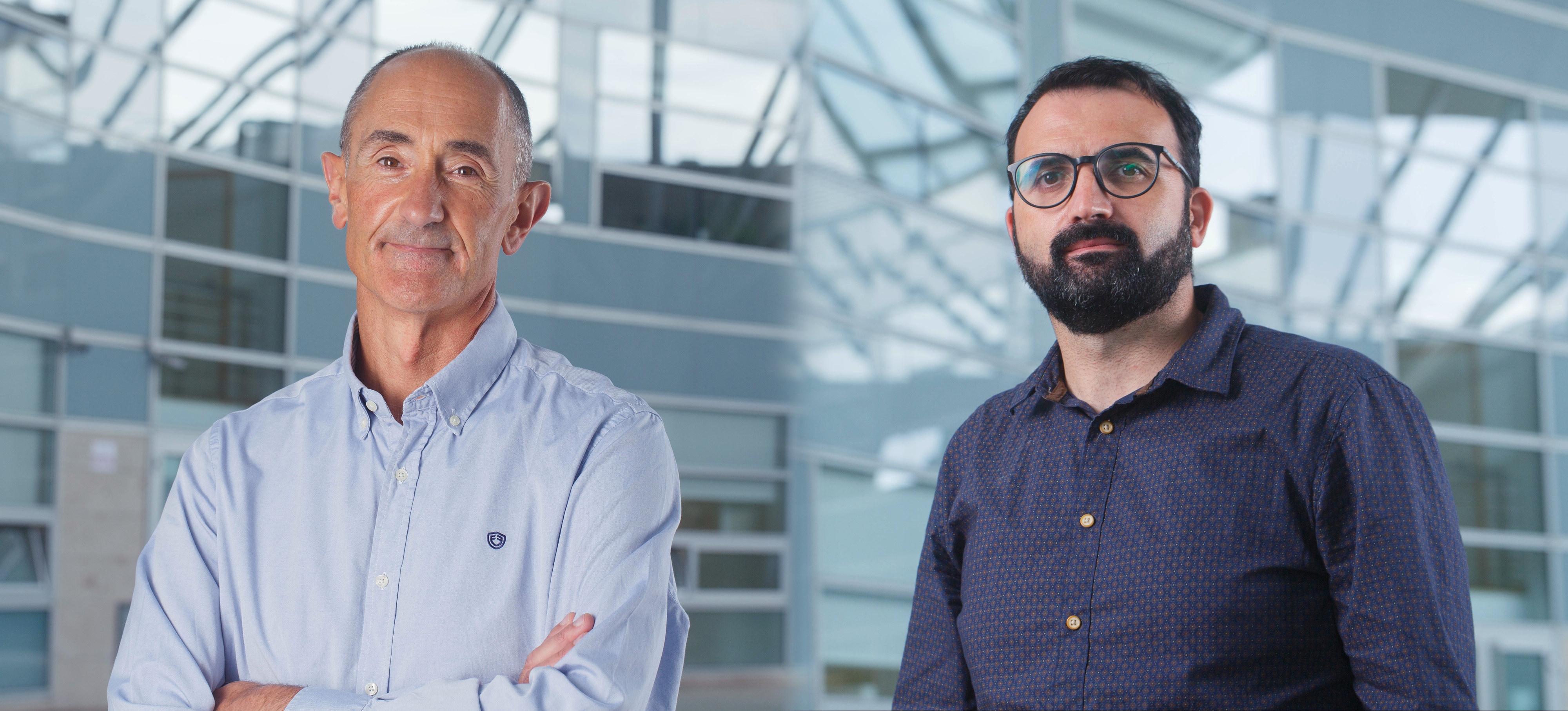CIC biomaGUNE has received funding from the European Research Council in the two most recent calls of the prestigious ERC Proof of Concept grants. This will therefore enable the Ikerbasque research professors Luis Liz-Marzán and Fernando López-Gallego to further business projects based on ideas conceived on the basis of their research. These two most recent Proofs of Concept mean that CIC biomaGUNE has been awarded 5 in recent years.
ERC Proof of Concept projects funded by the European Research Council (ERC) are intended for researchers who are currently leading ERC projects and who wish to explore the market potential of their research work. These projects aim to establish proof of concept for an idea that was generated in the course of ERC-funded projects. The funding amounting to 150,000 euros is mainly intended for activities designed to convert the results of cutting-edge research into a market product.
A platform for testing the efficacy of antitumor drugs on laboratory replicas of real tumors
The Proof of Concept that has just been awarded to Ikerbasque research professor Luis Liz-Marzán emerges from the research carried out in a project in which three-dimensional models of tumors are being developed and which replicate as closely as possible real tumors in humans; these models enable studies related to altered metabolism in the tumor microenvironment to be conducted, for example.
Based on the materials identified in this research, which is being carried out “with the work and expertise of the entire Bionanoplasmonics Laboratory”, “we have developed a tumor model that allows us to test the efficacy of antitumor drugs on laboratory replicas of real tumors, with the hope of even being able to develop them using patient-derived tumors”, explained Liz-Marzán.
In this respect, the objective set for this PoC is “to create a platform that will speed up the discovery of more effective drugs, and ideally identify those that may be more effective for specific patients (or types of patients). That way, we would contribute toward the development of so-called personalized medicine,” explained the research professor. “We are trying to assist in the discovery of more effective drugs for each type of tumor and which are adapted to the patient's profile. This could reduce treatment and recovery times as well as optimize the evaluation of new drugs and speed up their arrival on the market.”
Enzymes for oxygen-free oxidation reactions inspired by microorganisms that can live without oxygen
This PoC will enable the research professor Fernando López-Gallego to develop enzymatic systems (or biocatalytic systems) to achieve oxidation reactions without oxygen and thus provide a solution to the problem of oxidation reactions with oxygen in the chemical industry. The new technology proposed by López-Gallego has come about to solve a current problem in the chemical industry, where most oxidation reactions are carried out with oxygen and are complicated, slow processes: “Nowadays oxidation reactions are not as efficient as they should be on an industrial scale due to the low solubility of oxygen in water. We believe that this new technology based on oxygen-free oxidations can improve their efficiency,” explained the research professor.
López-Gallego has proposed his new technology inspired by anaerobic organisms that are “capable of living in places where there is no oxygen, such as sea beds, and which use inorganic compounds (e.g. metals) as ultimate electron acceptors for electrons from cellular respiration; that way, they can obtain the energy necessary for their survival and reproduction”. The research professor has found “that there are certain enzymes that can carry out oxidation reactions using metal compounds instead of oxygen. There are highly water-soluble metal salts that can be used as electron sinks that are needed by the enzymes to perform these oxidations”.
The research team has demonstrated that this new technology works. Now “we want to see if it can really compete with today's industrial oxidations in which reactors fed by oxygen are predominantly used. At the end of the day, it's a question of efficiency. We want to see whether our oxygen-free oxidation systems are as competitive as or more competitive than those currently in use”, so the ERC-Proof of Concept grant means having the funding available to give this technology an impetus. (Further information, here)

